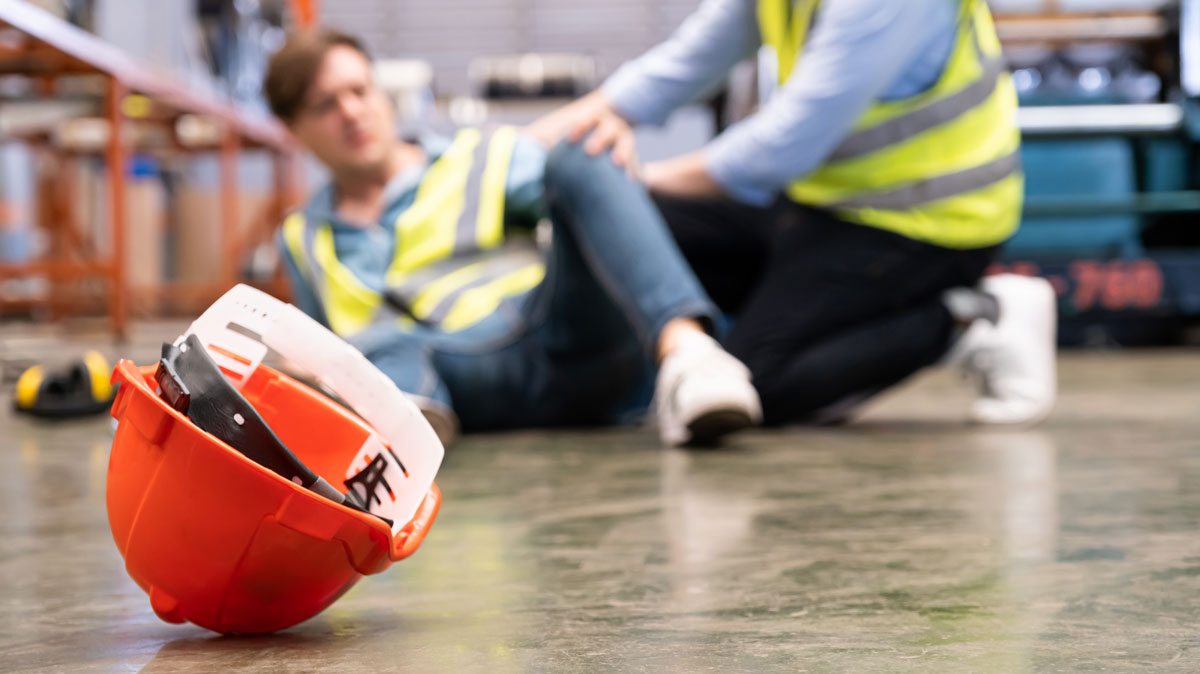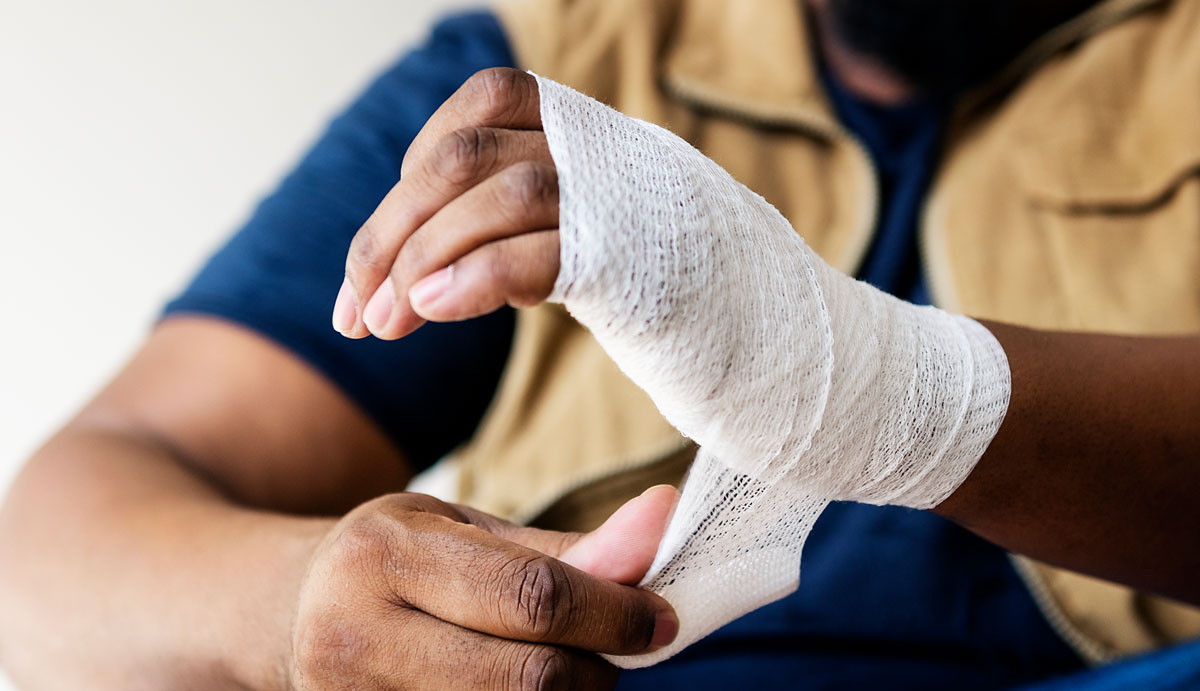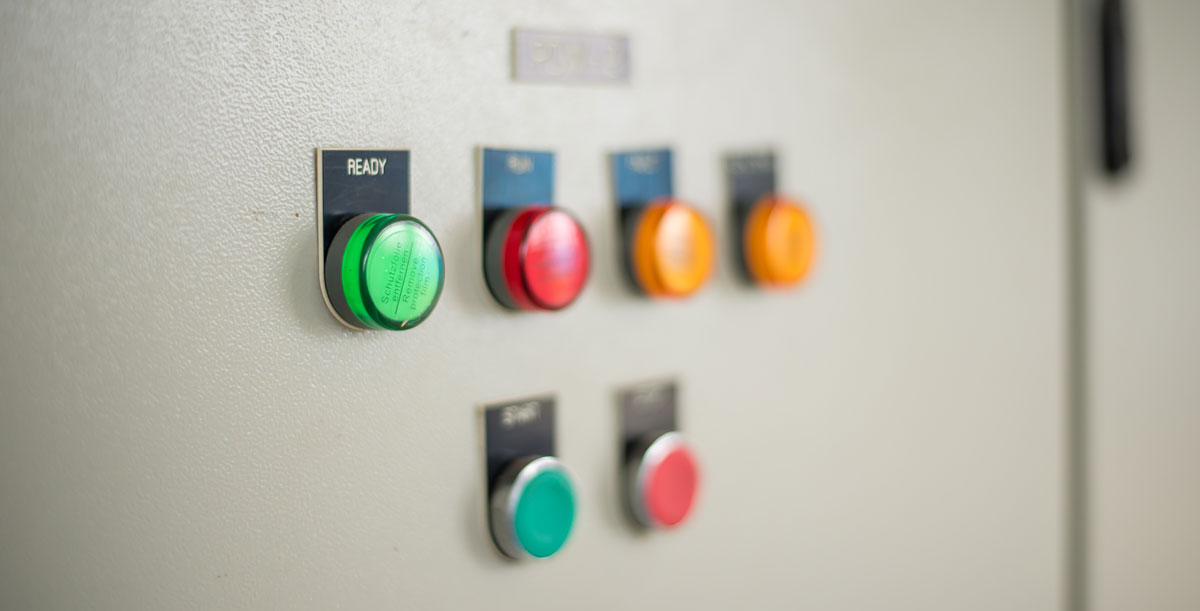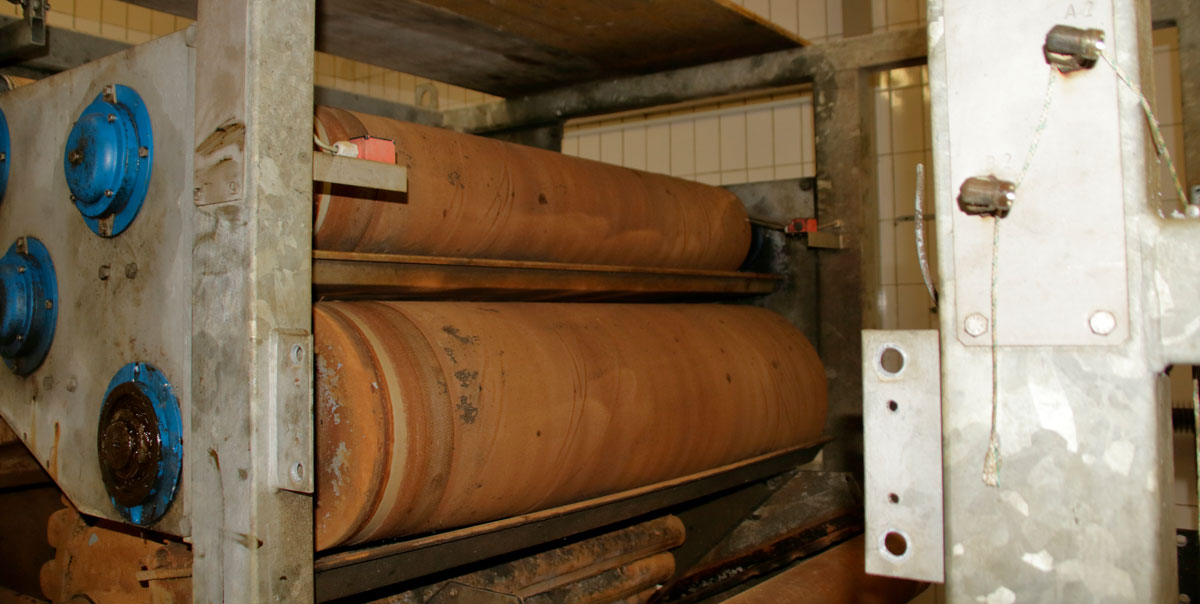
Why Is Manually Cleaning a Calender Roll in Lithium-ion Battery Production Unsafe?
It’s surprising how many manufacturers use homemade tools like a brush taped to a broom handle to manually clean process rolls. Some even use these tools during production! All manufacturing involves some personnel risk, but all companies have a duty to make their process as safe as possible. Effective lock-out tag-out policies, and ensuring equipment is de-energized, mechanically constrained, and sufficiently cooled are some of the ways facilities can reduce the risk to personnel. However, cleaning rolls in a compact space may require the rolls to continue to rotate while being manually cleaned. Additionally, allowing rolls to cool down and then waiting from them to heat back up can create other challenges.
Understanding these risks helps underline the importance of incorporating continuous roll cleaning solutions like the VeriLite™ roll cleaner assembly into the manufacturing process. Here are some key safety concerns to be aware of that are associated with the manual cleaning of calender rolls.
Exposure to Moving Machinery
Calender rolls are part of complex machinery that can pose serious injury risks. If manually cleaned, operators may be exposed to moving machine parts. Even if the machine is stopped for cleaning, accidental activation or mechanical failure could result in severe injuries.
Physical Strain, Fatigue, and Human Error
Manually cleaning calender rolls may require physical exertion and repetitive movements that can lead to fatigue and ergonomic injuries. Machine operators may need to stretch, bend, or maintain monotonous positions for extended periods to reach and clean the rolls properly. This can result in muscle strains, reduction of operator alertness and reaction time, and complacency. There is also a risk to the equipment when cleaning tasks are completed by various operators.

Slips, Trips, and Falls
The environment around calendering equipment can become slippery due to the use of lubricants, cleaning agents, or residues from the materials processed. Manual cleaning increases the risk of slips, trips, and falls, especially if proper housekeeping practices are not strictly followed.

Thermal Burns
Calender rolls in lithium-ion battery production are often heated to facilitate the compaction and adhesion of the electrode materials, with extremely hot operating temperatures. Simply waiting for rolls to cool may not be a viable option due to the increase in downtime. Manual cleaning these rolls without sufficient cooling down time or proper protective equipment can lead to thermal burns.

Electric Shock
Calender rolls are typically integrated with other powered machinery and include various electrical components. This means there is a risk of electric shock during manual cleaning, especially if the equipment has not been properly de-energized or if accidental re-energization occurs.

Inadequate Cleaning
Beyond the direct risks to safety, manual cleaning calendar rolls in lithium-ion battery production may not consistently achieve the thoroughness required for optimal machine function. Residual debris may cause damage over time, affecting product quality and machine longevity. And using manual cleaning procedures can risk damaging the roll surfaces, rendering them unsafe for use.

Given these risks, implementing a continuous calender roll cleaning process with a device like the VeriLite roll cleaner assembly not only increases operational uptime by reducing the need for process interruptions, but also significantly enhances operator safety by removing them from direct exposure to these hazards. Such innovations are crucial for improving both safety and efficiency in lithium-ion battery production.
Resources
- Blanchette, C. (2021, February 25). How Lithium-Ion Battery Manufacturers Can Conquer Separator Film, Coating, and Calendering. Advancing Materials.
- Battery electrode calendering process. (n.d.). Www.linkedin.com.
- CIDETEC. (2021, July 26). 3. Calendering. YouTube.
- Mozaffar Abdollahifar, Cavers, H., Scheffler, S., Diener, A. C., Lippke, M., & Arno Kwade. (2023). Insights into Influencing Electrode Calendering on the Battery Performance. Advanced Energy Materials.
Let’s Connect
Connect with Kadant Solutions Division on LinkedIn to learn more about our employees, products, and services.
